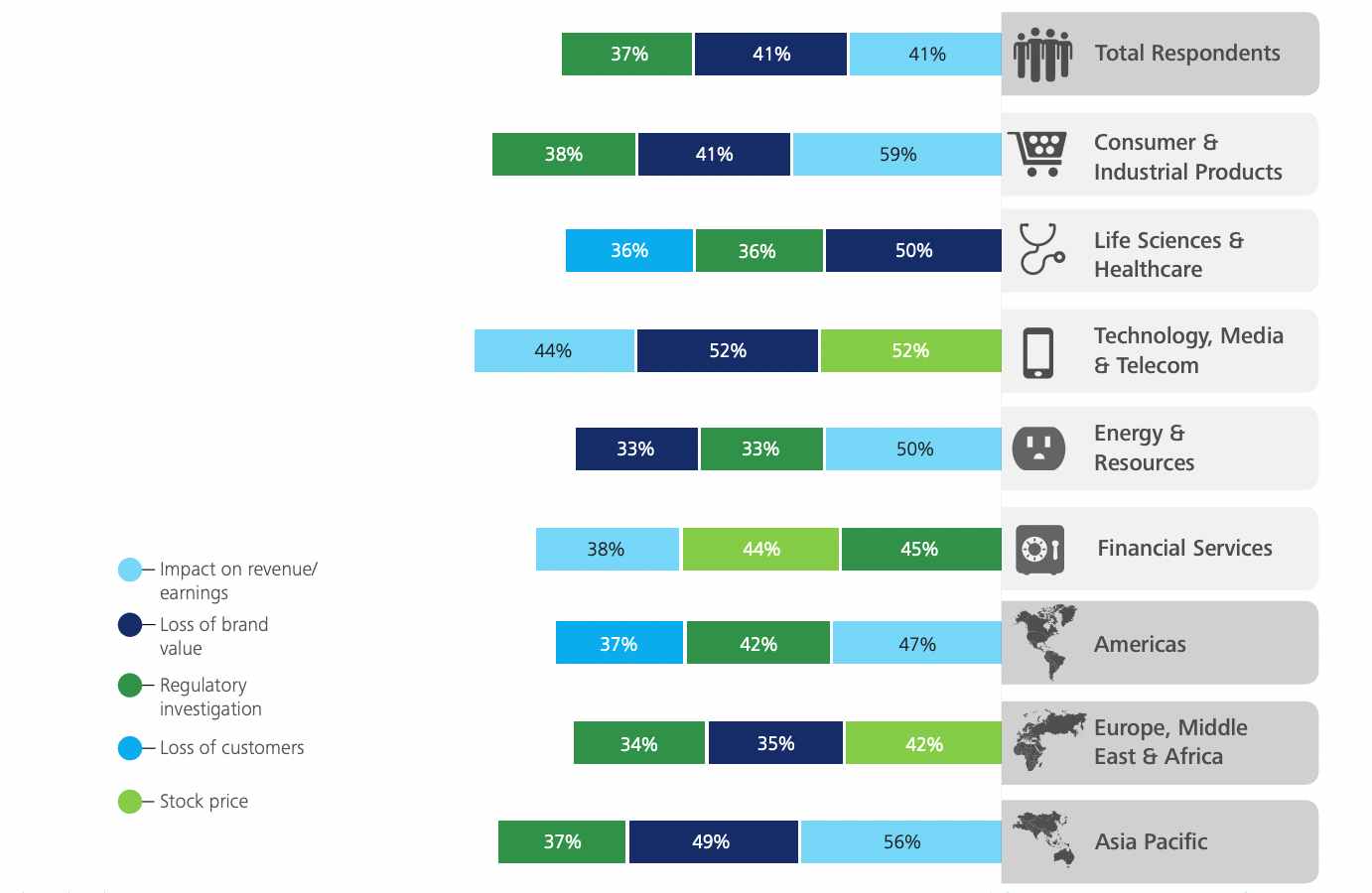In Digital Marketing
Reputation management has become a crucial aspect of establishing and maintaining a strong online presence

Management

The way your brand is perceived on the internet can have a significant impact on your success, whether you're an individual, a small business, or a large corporation. This article will delve into the world of reputation management, exploring techniques, strategies, and the relationship between reputation management and website promotion, as well as search engine marketing (SEM).
What is Reputation Management?
Reputation management encompasses a range of strategies and techniques aimed at shaping and controlling the public perception of a person, brand, or organization. It involves actively monitoring and influencing online conversations, reviews, and mentions to ensure that your reputation accurately reflects your values, expertise, and the quality of your products or services.
The Importance of Online Reputation Management
Today, when information spreads rapidly and opinions are shared freely, a solid online reputation is paramount. Consider this: before engaging with a business, many consumers conduct online research to evaluate its credibility and reliability. This research often includes reading reviews, checking social media profiles, and perusing search engine results. If negative content dominates the search results or there's a consistent pattern of dissatisfaction among customers, potential clients may be deterred from doing business with you.
| Statistics | Impact on Online Reputation Management |
|---|---|
| 92% of consumers read online reviews before making a purchase. | Emphasizes the importance of managing and maintaining positive reviews. |
| 86% of consumers hesitate to purchase from a business with negative online reviews. | Highlights the potential negative impact of poor online reputation. |
| 45% of consumers say they are likely to leave a negative review if their concerns are not addressed promptly. | Underscores the importance of timely response and resolution. |
| 94% of people say an online review has convinced them to avoid a business. | Demonstrates the influence of online reviews on consumer decision-making. |
| 58% of executives believe that online reputation management should be a core part of a company's strategy. | Reflects the recognition of reputation management's significance in the business landscape. |
| Companies risk losing 22% of business when potential customers find one negative article on the first page of search results. | Highlights the impact of negative search results on customer acquisition. |
| 70% of job seekers check employer review sites before accepting a job offer. | Emphasizes the importance of a positive employer reputation for attracting top talent. |
| 88% of consumers trust online reviews as much as personal recommendations. | Illustrates the influence and importance of online reviews in building trust. |
| 57% of consumers will only use a business if it has four or more stars. | Demonstrates the significance of positive ratings and reviews for attracting customers. |
| 40% of consumers expect businesses to respond to negative reviews within 24 hours. | Reinforces the need for prompt and proactive engagement with customers' concerns. |
Techniques for Reputation Management
Proactive Online Monitoring
To effectively manage your online reputation, it's crucial to stay vigilant and monitor what people are saying about your brand across various online platforms. This includes social media channels, review websites, forums, and blogs. By proactively monitoring these channels, you can swiftly address any negative comments, engage with customers, and resolve issues before they escalate.
Engaging with Customers
One of the most effective reputation management techniques is engaging with your customers directly. Responding to both positive and negative feedback demonstrates your commitment to customer satisfaction. Prompt and personalized responses show that you value your customers' opinions and are dedicated to addressing their concerns. By turning a negative experience into a positive one, you can not only salvage the relationship with the dissatisfied customer but also showcase your excellent customer service to others who may be observing the interaction.
Building Positive Online Assets
Another important aspect of reputation management is creating and promoting positive online assets. This includes developing a robust and user-friendly website, regularly publishing high-quality content that showcases your expertise, and leveraging social media platforms to engage with your audience. By establishing a strong online presence that accurately represents your brand values, you can cultivate a positive image and counteract any negative content that may arise.

Loss of revenue and brand value are the key impacts. Source: Deloitte
Online reputation management checklist
-
Monitor Your Online Presence: Regularly search for your brand name, keywords, and related terms across search engines, social media platforms, review sites, and forums. Set up Google Alerts to receive notifications whenever your brand is mentioned online.
-
Respond Promptly: Address both positive and negative feedback in a timely manner. Responding promptly shows that you value your customers' opinions and are dedicated to resolving any issues.
-
Engage with Customers: Engage with customers by responding to comments, reviews, and messages. Personalize your responses and provide helpful solutions to showcase your commitment to customer satisfaction.
-
Encourage Positive Reviews: Actively encourage satisfied customers to leave positive reviews on relevant platforms. This can help balance out any negative feedback and enhance your online reputation.
-
Address Negative Feedback: Respond to negative reviews and comments with empathy and a willingness to resolve the issue. Take the conversation offline if necessary to provide personalized assistance and find a solution.
-
Monitor Social Media: Regularly monitor and engage with your audience on social media platforms. Share valuable content, respond to comments and messages, and address any concerns or questions raised by your followers.
-
Create High-Quality Content: Develop a content strategy that focuses on producing valuable and informative content related to your industry. Publish blog posts, articles, videos, and infographics that showcase your expertise and demonstrate your commitment to providing valuable insights.
-
Optimize Your Website: Ensure that your website is well-designed, user-friendly, and optimized for search engines. Pay attention to on-page SEO elements such as meta tags, headings, keywords, and mobile responsiveness to improve your website's visibility in search engine results.
-
Monitor Online Reviews and Ratings: Regularly check and respond to reviews and ratings on platforms such as Google My Business, Yelp, and industry-specific review sites. Address any concerns raised and thank customers for positive feedback.
-
Stay Transparent and Authentic: Maintain transparency in your business practices and communication. Be authentic in your interactions and avoid engaging in unethical practices, as they can quickly damage your online reputation.
-
Build Relationships with Influencers: Collaborate with influencers and thought leaders in your industry to boost your brand's credibility and reach. Engage in partnerships, guest blogging, or co-creating content to expand your online presence.
-
Monitor Competitors: Keep an eye on your competitors' online reputation to gain insights and identify any potential threats or opportunities. Learn from their strategies and adapt accordingly.
-
Regularly Audit Your Online Presence: Conduct periodic audits of your online presence to identify any outdated or inaccurate information. Update your profiles, ensure consistent branding, and remove any irrelevant or damaging content.
-
Seek Professional Help if Needed: If managing your online reputation becomes overwhelming or you face a reputation crisis, consider hiring a professional reputation management service to assist you in developing a comprehensive strategy and implementing effective solutions.
Reputation Management and Website Promotion
The relationship between reputation management and website promotion is symbiotic. Your website serves as the online face of your brand, acting as a hub for information, products, and services. A well-designed and optimized website enhances your reputation by providing a positive user experience and showcasing your credibility. On the other hand, reputation management techniques, such as monitoring online conversations and engaging with customers, contribute to building a positive reputation that drives traffic to your website. When combined, these efforts work synergistically to establish a strong online brand presence.
Reputation Management and Search Engine Marketing (SEM)
Search engine marketing (SEM) is a powerful tool for reputation management. By strategically targeting keywords related to your brand, products, or services, you can ensure that positive and relevant content appears prominently in search engine results pages (SERPs). Pay-per-click (PPC) advertising campaigns can also be employed to promote positive content and mitigate the impact of any negative search results.
F.A.Q.
What is reputation management, and why is it important?
Reputation management involves strategies and techniques aimed at shaping and controlling public perception of a person, brand, or organization. It is important because a positive online reputation can attract customers, build trust, and contribute to business success. Conversely, a negative reputation can deter potential customers and harm your brand.
How can I monitor my online reputation?
You can monitor your online reputation by regularly searching for your brand name and related keywords on search engines, social media platforms, review sites, and forums. Utilize tools like Google Alerts to receive notifications whenever your brand is mentioned online.
How should I respond to negative feedback or reviews?
When responding to negative feedback or reviews, it's essential to remain calm, empathetic, and professional. Address the issue promptly, offer a solution or apology, and strive to take the conversation offline to resolve the matter privately. This demonstrates your commitment to customer satisfaction and can help mitigate the impact of negative feedback.
How can I build a positive online reputation?
Building a positive online reputation involves several strategies. Engage with customers and respond to their feedback, encourage positive reviews, create valuable content that showcases your expertise, optimize your website for search engines, and maintain transparency and authenticity in your interactions.
What is the relationship between reputation management and website promotion?
Reputation management and website promotion go hand in hand. A well-designed and optimized website enhances your reputation by providing a positive user experience. Reputation management techniques, such as monitoring online conversations and engaging with customers, contribute to building a positive reputation that drives traffic to your website.
How does search engine marketing (SEM) relate to reputation management?
SEM can be used as a tool for reputation management. By strategically targeting keywords related to your brand, products, or services, you can ensure that positive and relevant content appears prominently in search engine results. This helps to promote positive content and mitigate the impact of any negative search results.
Can I outsource my reputation management?
Yes, you can outsource your reputation management to professional services specializing in online reputation management. These services can help you develop a comprehensive strategy, monitor your online presence, manage feedback and reviews, and provide guidance during reputation crises.
Is reputation management a one-time effort?
No, reputation management is an ongoing process. It requires continuous monitoring, engagement with customers, and adaptation to changing circumstances. Regularly auditing your online presence and updating your strategies is essential to maintain a positive online reputation.
How long does it take to see results in online reputation management?
The timeline for seeing results in online reputation management can vary depending on the specific situation and the strategies implemented. It may take weeks or months to see significant changes. Consistency, proactive monitoring, and active engagement are key to achieving long-term positive results.
Can a strong online reputation help with talent acquisition?
Yes, a strong online reputation can positively impact talent acquisition. Job seekers often check employer review sites and online platforms to evaluate potential employers. A positive employer reputation can attract top talent, enhance employee satisfaction, and contribute to a positive work culture.
To conclude
Reputation management plays a pivotal role in shaping public perception and building a strong online brand. By implementing proactive strategies, engaging with customers, and building positive online assets, you can effectively manage and protect your reputation. Remember, maintaining a positive online reputation requires ongoing effort and consistent monitoring.
Reputation management goes hand in hand with website promotion and SEM. A well-designed and optimized website serves as the foundation for your online presence, while reputation management techniques contribute to building a positive reputation that drives traffic to your website. Additionally, SEM allows you to strategically target keywords and promote positive content, further enhancing your online reputation.

